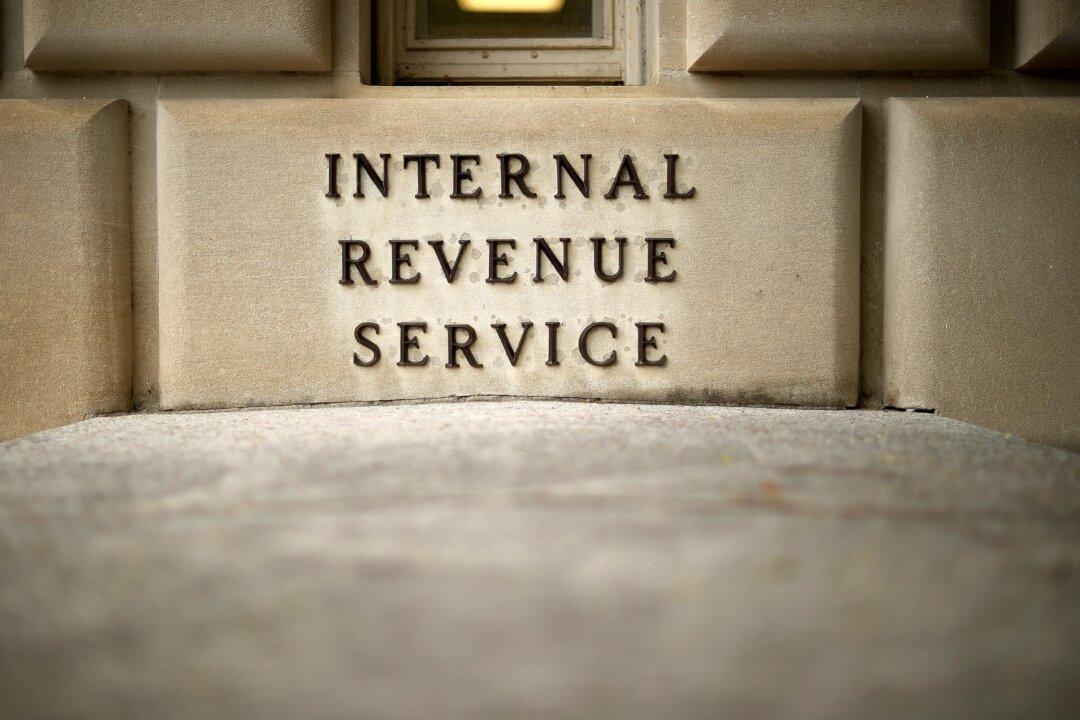Commentary
The Biden administration has promised not to raise taxes on anyone making under $400,000 a year. And despite estimates from official congressional scorekeepers that the Schumer-Manchin-Biden tax increase indeed would raise taxes on those Americans, the administration has doubled down on the claim as a final vote nears on Democrats’ bill.





